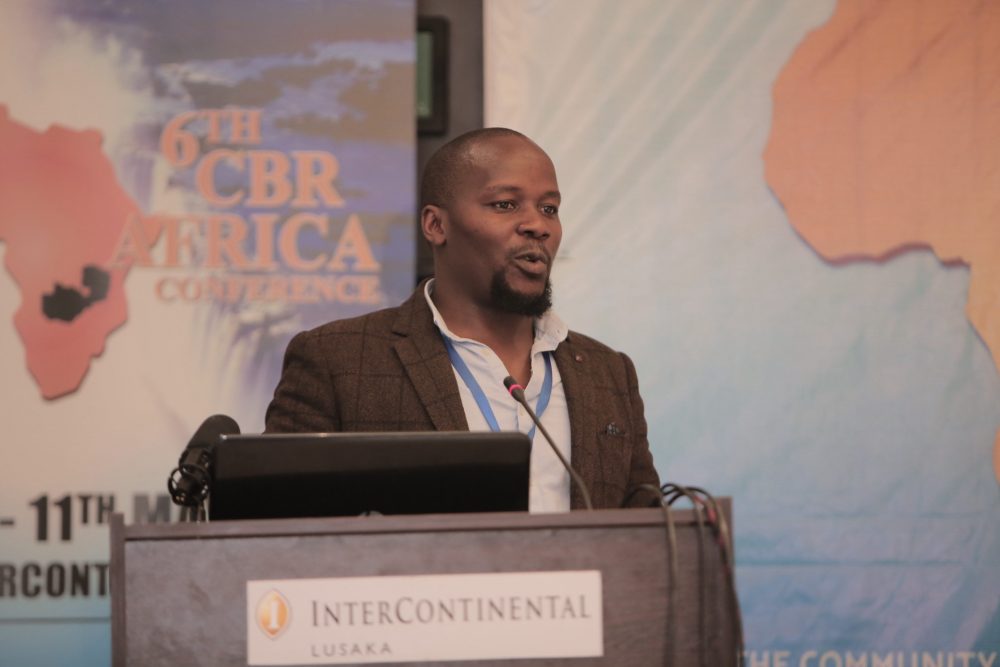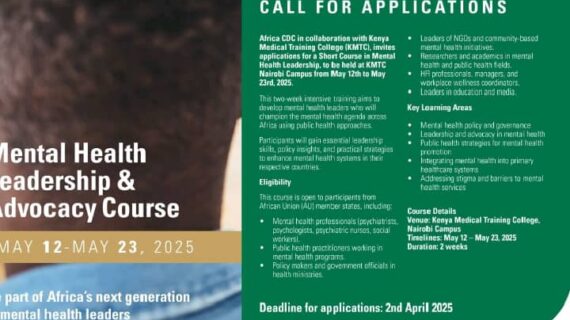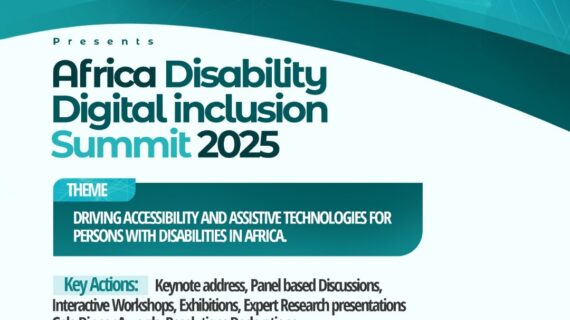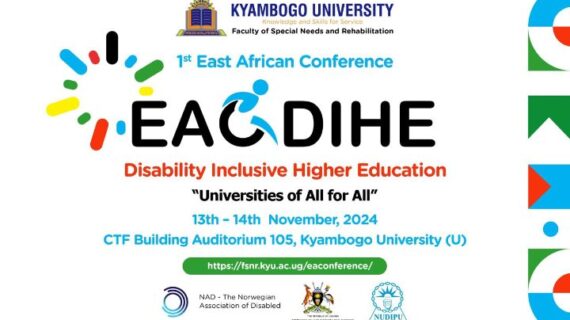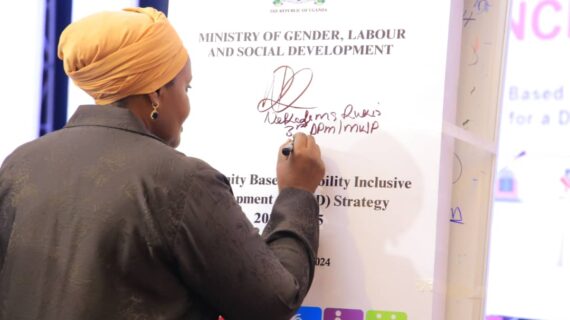Weak policies inhibiting PWD’s political participation
“there is no information to us to make sound policies that respond to the needs of the people in general and persons with disabilities because we have not invested in research.”
By Lillian Banda
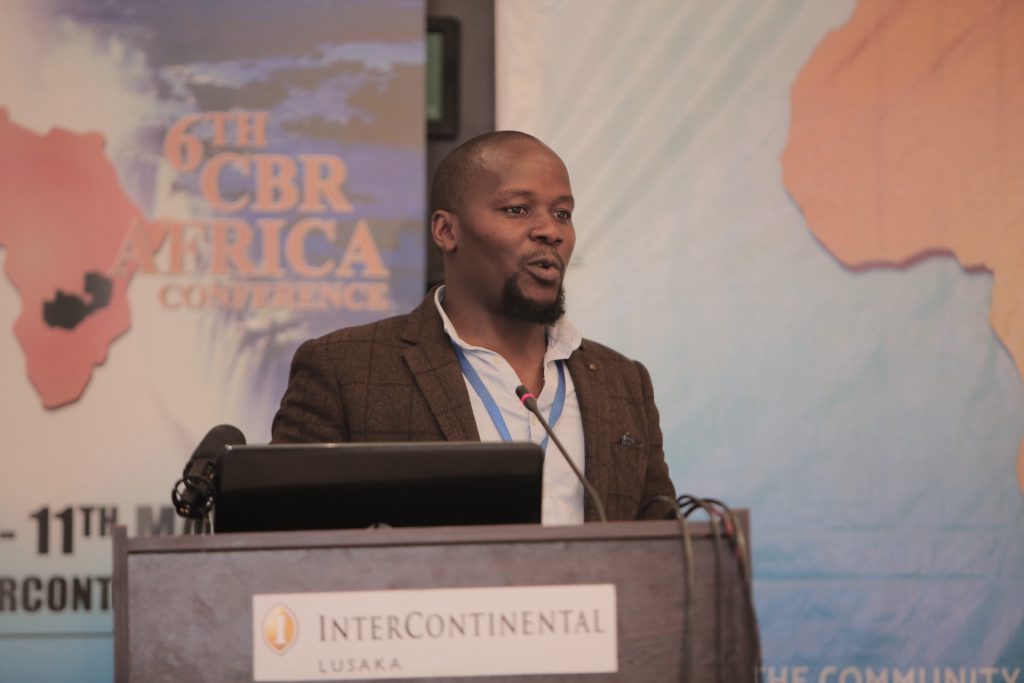
Lack of quality data on disability issues has hindered progress with regard to developing policies that adequately respond to the needs of Persons with disabilities, Dr. Jack Bwalya, says.
While presenting a paper, ‘we shall not leave anyone behind; Zambian electorate’s perception of people with disabilities and their voting preferences’, during the 6th CBR Africa Conference held in Zambia’s Capital Lusaka, Dr Bwalya noted the need to come up with programmes that remedy PWDs under representation in the political space because there is currently nothing to talk about.
Dr. Bwalya, scorns at the current PWDs’ disproportionate discrimination and under representation in the political arena arguing that, “there is no information to us to make sound policies that respond to the needs of the people in general and persons with disabilities because we have not invested in research.”
Calls to have PWDs fully engaged in politics will not be realised unless no proper mechanisms are put in place, Dr. Bwalya further observed. “Persons with disabilities lack access to information for them to actively participate in political processes. Some of them have openly indicated that they would like to vie for political office but lack information about how to go about it,” he said.
According to the Afrobarometer Round five (5) for Zambia, 64.2 % of the respondents indicated that they would vote for a candidate with a disability for political office. The survey questioned respondents as to whether or not they would vote for a political candidate with a disability. The Afrobarometer survey is an independent research project that measures the social, political and economic atmosphere in Africa. “There is a statistically significant difference between young and old age in the inclination to vote for disabled candidates. On the other hand, there is no statistically significant difference between middle age and old age group.
Compared to respondents in the younger age group, respondents in the older age group are reported more likely to vote for a disabled candidate. Regarding education, it was found that people with middle and high levels of education reported themselves as more likely to vote for a candidate who has a disability for political office,” explained Dr. Bwalya.
Ms Judith Umoh, an international disability rights advocate from Nigeria concurs with Dr. Bwalya and believes that ‘leaving no one behind’ is something that requires investing in the visibility of PWDs. “There still exist stereotypes resulting from disability. We need political will and to work collectively to remove barriers that impede PWD to participate effectively in the development processes. Let us try to build a movement of PWD so that they help to push for the implementation of processes that ensure that we don’t leave anyone behind,” asserts Ms. Ekaete Judith Umoh.

